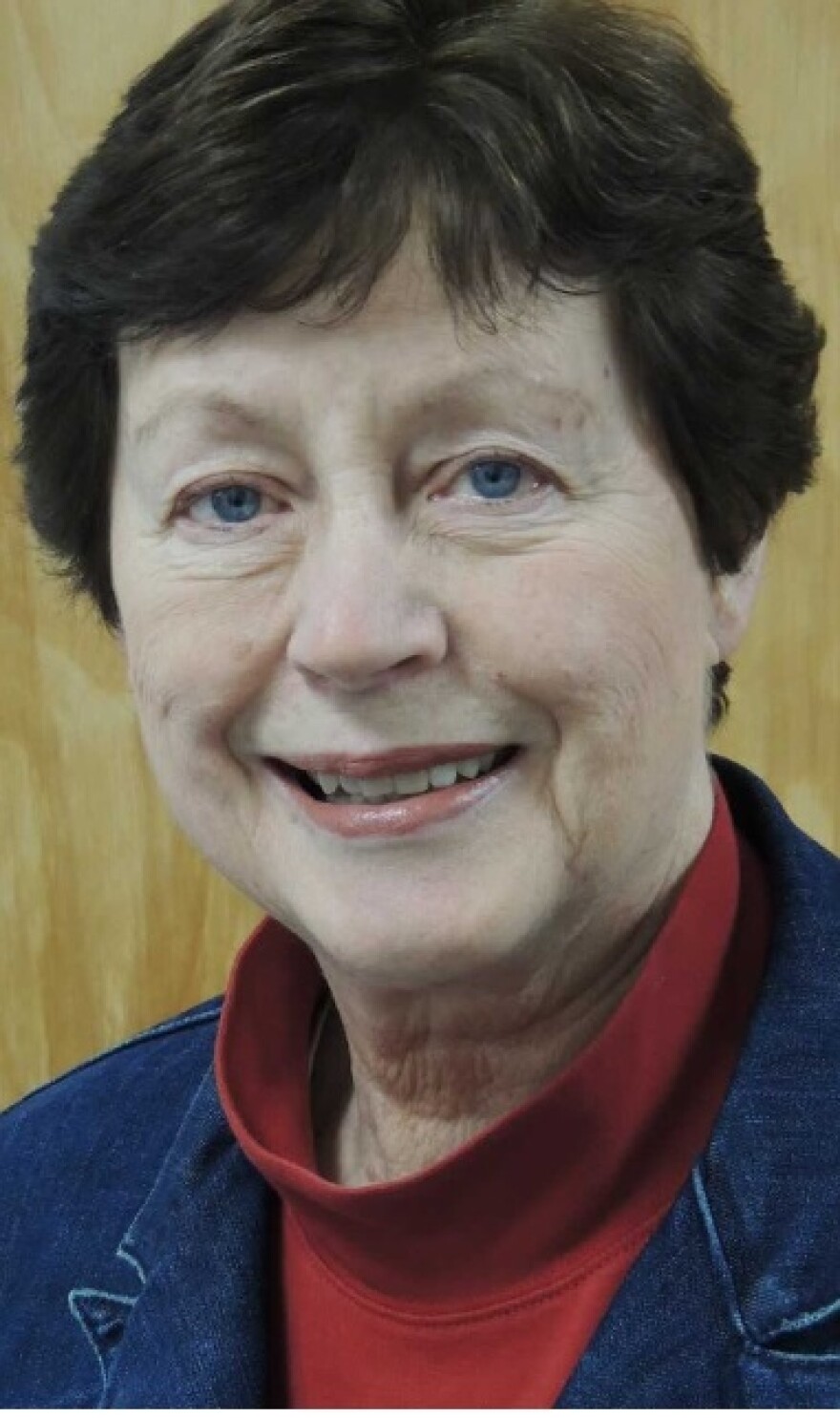A book written in Portuguese in 1968 has a special place in my heart.
As a student at Princeton Theological Seminary, I joined others to attend some informal evening seminars in the home of one of our professors to hear about a book he was translating by a Brazilian teacher. So we lounged on the living room floor of Dr. Richard Shaull, discussing Pedagogy of the Oppressed, by Paulo Freire.
Even then, I sensed this was an extraordinary book. Freire developed a pedagogy for teaching literacy to unschooled peasants in South America. His process broke down the teacher/student dichotomy, using a dialogical, problem-solving method that valued mutual learning.
Freire invited peasants to talk about their lives and would write their words on a blackboard – words of pain, struggles for dignity, lack of life’s essentials and nowhere to go to address their grievances. They became literate using their own vocabulary, and the process also raised their consciousness about reasons for their lack of freedom and equality.
Freire also helped the learners understand that these injustices were the result of a social system that locked oppressors in their roles as well as those being oppressed. A social system that promotes false assumptions about people who are poor, illiterate, from a different race, culture or country creates obstacles to realizing one’s full human potential – gifts from which any country or culture would reap benefits.
Those days in 1968 – 50 years ago – had a profound impact on how I would teach teachers as a university professor, emphasizing pedagogies like cooperative learning, mutual problem solving, valuing cultural diversity and freedom to think critically about cultural norms that needed to change for the benefit of all.
I’m Connie Seraphine, and that is my perspective.



